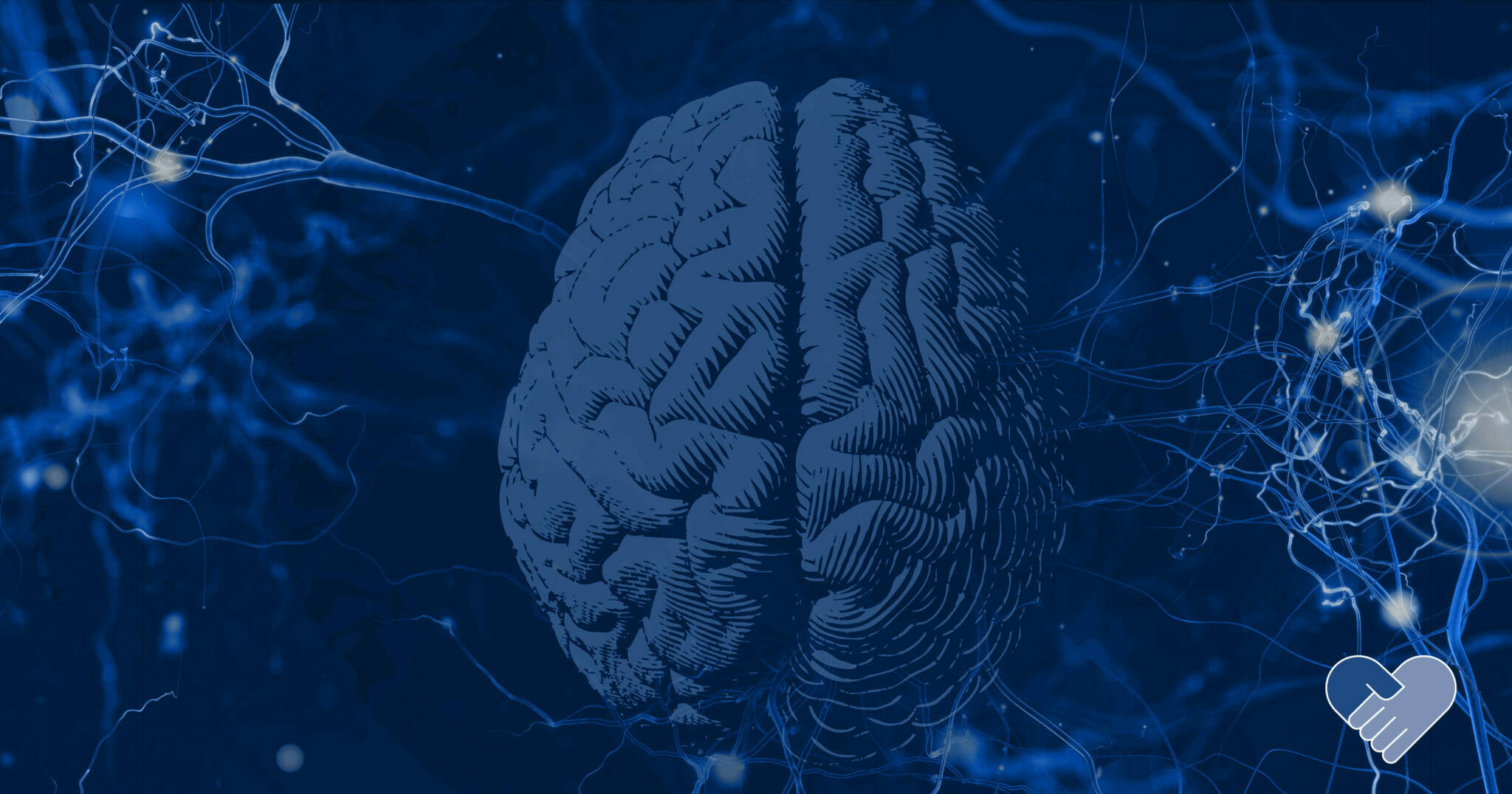Search by category, archive or keyword

Why a Professional Intervention Is Needed for Drug or Alcohol Addiction
It’s commonly believed that an addiction intervention is about talking addicts into changing and having them head off to treatment. But the truth is intervention is as much for the family as it is for the addicted person.
Addiction is a Family Problem
Addiction affects all of the lives that the addict or alcoholic comes into contact with. Besides the addict, the family is the hardest hit by the effects of addiction. And unlike the addict, the family is acutely aware of the problems caused by the lone addiction.
The family needs healing too, and a successful drug intervention and alcohol intervention is the beginning of that process. The day before the intervention with the addicted loved one, the family gathers to:
- Understand how they may have been inadvertently enabling the addict
- See through the manipulations, lies, and excuses the addict created to sustain his or her addiction
- Learn how to break cycles of codependency with the addicted loved one
- Deal honestly with their feelings, releasing shame, guilt, and judgment
- Understand what to do – and more importantly, what NOT to do – during the intervention with the loved one
- Learn how to free themselves from the responsibility of managing their loved one’s addiction
- Learn how to support their loved one in healthy ways after he or she comes home from treatment
Perhaps most importantly, the drug and alcohol intervention process shows family members that they have more power than they think. You can take away all of the addict’s options until the only choice left is recovery.
There’s No Better Time Than Now for a Professional Drug or Alcohol Intervention
The idea behind “rock bottom” is that a person will be forced to change when the status quo becomes too painful to continue when the pain of change is less than the pain of staying the same.
At Family First Intervention, when we work with the family, we teach how to make rock bottom happen on their own terms – by taking away all the comforts, conveniences, and financial support that allow the addict to continue living as an addict.
The honest truth is going through detox is not a pleasant experience. As human beings, we avoid unpleasant experiences. An addicted person will only choose to go through treatment if there’s simply no better option.
The family needs to make sure they’re not providing a more comfortable alternative to treatment. This is the only way to make addicts and alcoholics responsible for their own addiction – by giving them no other options so that treatment becomes the “lesser evil.”
Change Won’t Happen on Its Own
Like addicts and alcoholics, family members also prefer to avoid the pain of change. “We have to wait for him to hit rock bottom” is a way for families to avoid the short-term unpleasantness of confronting their loved one.
Wouldn’t it be nice if someday your loved one would just wake up and see the light? Wouldn’t it be wonderful if there were an easy, pain-free way for your loved one to overcome their addiction? Wouldn’t it be ideal if you didn’t need to bother with this whole intervention business?
Bad news – there isn’t. But many family members hold out, day after day, in the hopes that these fantasies will somehow come true on their own. They won’t.
If change were going to happen on its own, it already would have, and you wouldn’t be reading this right now.
Don’t wait and let fate decide how your loved one lives or dies. Take back control of the situation by committing to an intervention as soon as possible – for your own sake as well as that of your loved one.
How to Support Your Loved One Without Supporting The Addiction
Why do families get caught up in codependent relationships and end up enabling addiction in their loved one? They’re simply trying to help because they care. But when dealing with addiction, it’s critical to understand how to love and support a person without enabling his or her addictive behaviors.
Intervention and treatment are the only way to withdraw unhealthy support and replace it with healthy support for your loved one.
This means you have to change, too, not just the addict.
Ironically, arranging the intervention for the family is far more difficult than getting the addict or alcoholic to accept help. Intervention statistics show it is much more challenging to get a family of three or more to agree to an intervention than it is to get an alcoholic to accept help at the intervention.
Codependency – where both sides rely on each other to provide something – is a type of emotional addiction that family members get trapped in and usually need professional help getting out of.
Codependency Goes Beyond Financial Support
The dependency doesn’t have to be financial or resource-based. It can also be based on emotional needs. For example, an addicted child may need her parents to show that she is worthy of love, and the parents may need her to feel loved by them.
As the parent in this scenario, you need to release the need to express your love by giving your child what she wants and instead give her what she needs – no other option but to go to rehab.
This is hard because it requires you to accept that your child may hate you for a while until she gets through this. But you can continue to love her in your heart even while cutting her off from enabling support.
Show your love by doing whatever it takes to get your child into professional treatment instead of doing what makes them happy in the short term. This could be what saves their life.
Want to Learn How To Support Your Loved One During An Intervention?
Intervention Help Is Here
Has your family “hit rock bottom” – even if the addict or alcoholic in your life hasn’t?
The professional interventionists at Family First Intervention have seen it all. We know all the games, all the enabling, and all the codependent behaviors, and can help families break out of these destructive cycles with a strong yet compassionate approach.
An intervention is not about how to control the substance user; it is about how to let go of believing you can.
“The most formidable challenge we professionals face is families not accepting our suggested solutions. Rather, they only hear us challenging theirs. Interventions are as much about families letting go of old ideas as they are about being open to new ones. Before a family can do something about the problem, they must stop allowing the problem to persist. These same thoughts and principles apply to your loved one in need of help.”
Mike Loverde, MHS, CIP



